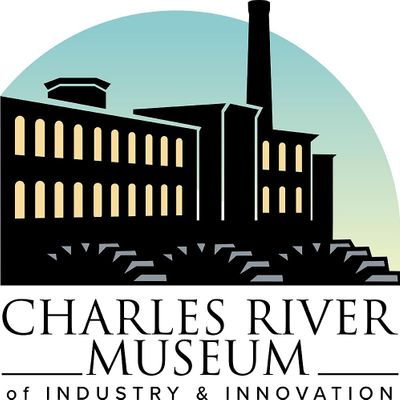
About this Event
presented by Kevin Coffee
The environmental impact of industrialization is often imagined as belching smokestacks or noxious effluents. But local pollution is only the most obvious impact of industrialization. Often overlooked are the distant impacts and ‘externalities’ that accompanied mechanized production and the growth of modern cities.
The Waltham and Lowell systems which birthed textile manufacturing in America were highly profitable and spurred a massive influx of investment capital into the sector. Between 1830 and 1840, more than 270 textile manufacturers were incorporated in Massachusetts alone, each equipped with hundreds of machine tools and dozens of hydro-turbines.
The tremendous demand for raw materials – wood, cotton, iron, clay, limestone, granite, etc. – transformed landscape and watershed. The dramatic rise in demand for raw cotton in America and Britain intensified the brutality of forced labor in the American South, expanded the plantation system into Alabama and Mississippi, and prompted war against Mexico. The growing network of factory sites co-produced an extensive network of railroads and canals. The first twenty years of factory building in Lowell alone required clearing more than 25 square miles of forest for structural timber.
In this talk, historical archaeologist Kevin Coffee shares his research on the standing structures commissioned by the Lowell manufacturers and explores some of the most significant wide-area impacts produced by the new industry.
Kevin Coffee is an archaeologist and museologist whose research explores the materiality of late-modern societal development, especially urbanization and industrialization. From 2018 into 2023, he was the chief interpretation and education officer at Lowell National Historical Park in Lowell MA. He has published about urban development and industrialization in Industrial Archaeology Review, Post-Medieval Archaeology, Journal of the Society for Industrial Archeology, and in the Routledge International Handbook of Heritage and Politics. He has presented on the subject to annual meetings of the Society for Historical Archaeology, Society for Post-Medieval Archaeology, and the Society for Industrial Archeology. He is also the author of Museums and Social Responsibility (Routledge 2023) and Objective Culture and the End of the Museum (Routledge 2025).
Mill Talks at the Charles River Museum of Industry and Innovation are free and open to the public and are made possible by the generous support of the Lowell Institute.
Event FAQ & Directions
What are my transportation/parking options for getting to and from the event?
There is NO Museum Visitor parking at the Francis Cabot Lowell Mill facility where we are located. We ask that you use the nearby public parking facilities.
Maps and directions to both the Museum Visitor Entrance and Parking can be found HERE:
How can I contact the organizer with any questions?
Please feel free to call us at 781-893-5410. Museum staff hours vary during the week, but someone will be available to answer any calls the day of the show.
Is it ok if the name on my ticket or registration doesn't match the person who attends?
Yes, we do not need to verify identity upon presentation of the ticket.
Event Venue & Nearby Stays
Charles River Museum of Industry & Innovation, 154 Moody Street, Waltham, United States
USD 0.00











